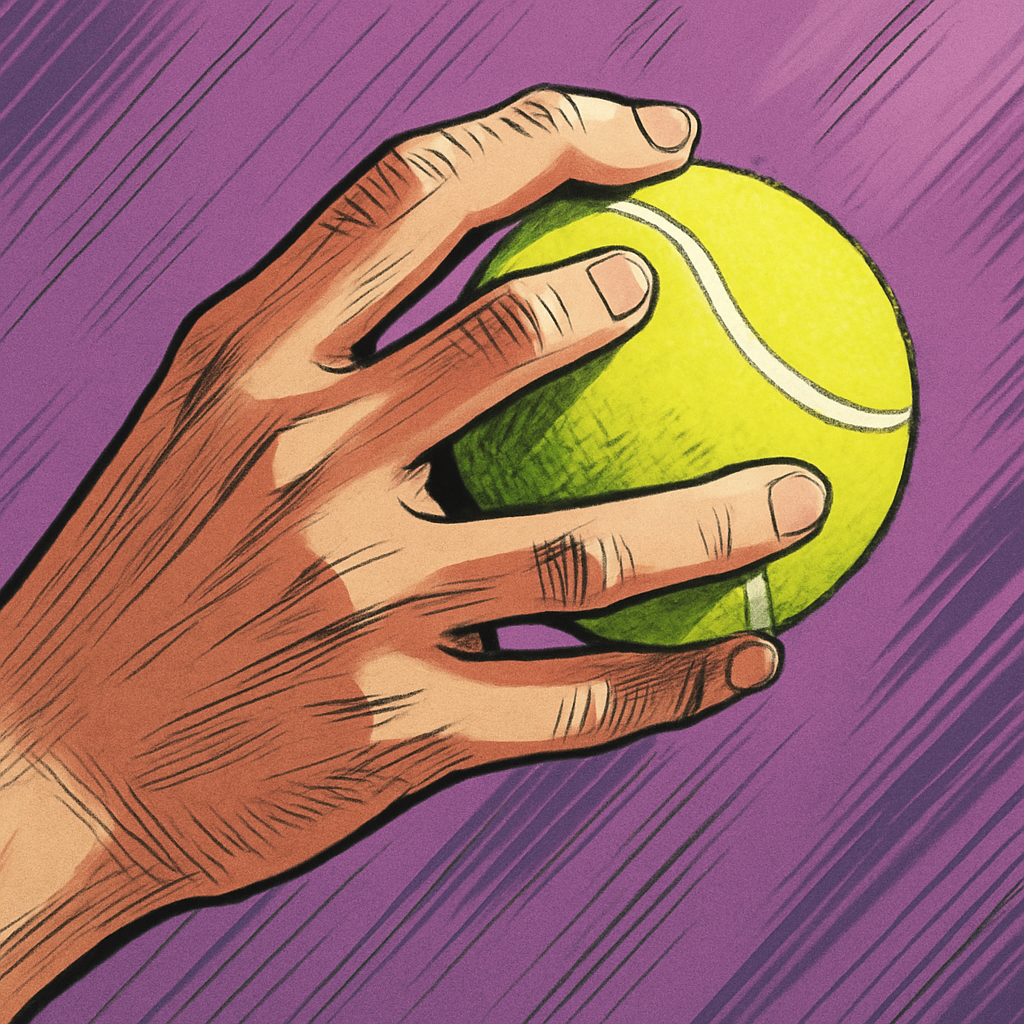BEIJING — As the international tennis circuit prepares for its annual swing through China, a growing chorus of sports nutritionists, player agents, and anti-doping experts is issuing a stark warning to competitors: exercise extreme caution with the local meat supply due to the persistent risk of unintentional doping violations.
The concern, which has simmered for years, has intensified ahead of a packed autumn season featuring high-stakes WTA and ATP events, including the Shanghai Masters. At the heart of the issue is the documented use of clenbuterol, a banned anabolic agent, in Chinese livestock farming. While Chinese authorities have cracked down on its use, trace amounts lingering in the food chain present a significant contamination risk for elite athletes.
Dr. Alessandro Gualtieri, a renowned anti-doping scientist who has consulted for several top-10 players, stated, "The data from previous cases is clear. Athletes competing in China must treat the local meat, particularly beef and pork, as a high-risk commodity. The consequence of a positive test, even from inadvertent consumption, is a potential two-to-four-year suspension. It's simply not a risk worth taking."
A Persistent and Well-Documented Problem
The fear is not based on speculation but on precedent. In 2020, the World Anti-Doping Agency (WADA) itself issued specific guidance about the clenbuterol risk in China and Mexico. This followed numerous cases across various sports where athletes tested positive for the substance after competing in or traveling through these countries.
While WADA's rules state that athletes can appeal a positive test by proving food contamination, the burden of proof is exceptionally high and the legal process is costly, lengthy, and reputationally damaging. A negative finding can still derail a season and cast a long shadow over a player's career.
Player agents have become increasingly proactive. Many now include specific clauses in player contracts for tournaments in China, mandating that all food is sourced from approved, international suppliers. It is now standard practice for top players to travel with their own chefs and a supply of pre-packaged, certified "clean" meat.
A player representative, speaking on condition of anonymity, revealed, "For our clients, it's a non-negotiable part of the travel itinerary. We arrange for shipments of protein from Australia or Europe. The cost is insignificant compared to the multi-million dollar consequences of a failed test."
The Logistics of a "Clean" Diet on Tour
Maintaining a strict diet in a foreign country presents a massive logistical challenge. While tournament hotels and organizers are often cooperative, the risk of cross-contamination in kitchens is a constant worry. Players and their teams are advised to be vigilant about every ingredient, from broths and sauces to pre-marinated foods.
The recommended precautions for players competing in China are extensive and strict. Nutritionists advise a "better safe than sorry" approach that includes:
- Strictly avoiding local beef, pork, and offal.
- Sourcing all protein from trusted international suppliers.
- Choosing vegetarian options at restaurants when uncertain.
Furthermore, athletes are warned to be cautious of dishes like meat-based dumplings, street food, and any complex dish where the origin of individual ingredients cannot be verified. The focus is instead placed on simple meals like grilled fish (from known sources), eggs, carbohydrates like rice and pasta, and fresh vegetables.
Official Stance and Player Responsibility
The International Tennis Integrity Agency (ITIA), the sport's independent anti-doping body, acknowledges the clenbuterol risk in certain regions. Its official stance mirrors that of WADA: while contamination may be a mitigating factor in a hearing, "strict liability" ultimately means the athlete is responsible for any banned substance found in their system.
An ITIA spokesperson said, "We provide extensive educational resources to players on dietary risks in different parts of the world. The principle of strict liability is fundamental to clean sport. We advise all athletes to take all necessary steps to mitigate any risk of ingestion of a prohibited substance."
This puts the onus squarely on the players and their support teams. For lower-ranked players without the financial means for private chefs and imported food, the situation is particularly fraught. They often rely on tournament hospitality or local restaurants, placing them at a higher potential risk and creating an uneven playing field in terms of doping safety.
Broader Implications for Sport in China
This issue extends beyond tennis. Major international sporting events held in China, including the Olympics, have had to confront this challenge head-on. During the 2008 Beijing Olympics and the 2022 Winter Games, officials went to extraordinary lengths to secure the food supply for the Athletes' Village, implementing a closed-loop system with rigorously tested products.
However, the regular ATP and WTA tours operate outside such a controlled bubble. Tournament organizers in cities like Beijing, Shanghai, and Chengdu face the difficult task of assuring players of safety while navigating local realities. While they often issue assurances about food safety protocols, many in the tennis world remain skeptical.
A veteran coach on the tour commented, "The tournaments do their best, but the trust is broken. There have been too many scares over the years. Until there is a universal, verifiable, and foolproof certification process for all meat supplied to players, the advice will remain the same: bring your own food."
As prize money and ranking points on the line continue to grow, the margin for error shrinks to zero. The fear of a career-ending positive test, born from a single meal, now fundamentally shapes how professional tennis players experience their time in China, turning a cultural and culinary exploration into a period of heightened dietary vigilance.
The message from the inner circles of the sport is unequivocal. The potential for a life-changing sanction outweighs any gastronomic temptation. For the world's best tennis players, navigating the tour in China is as much about managing dietary risk as it is about mastering forehands and backhands.

